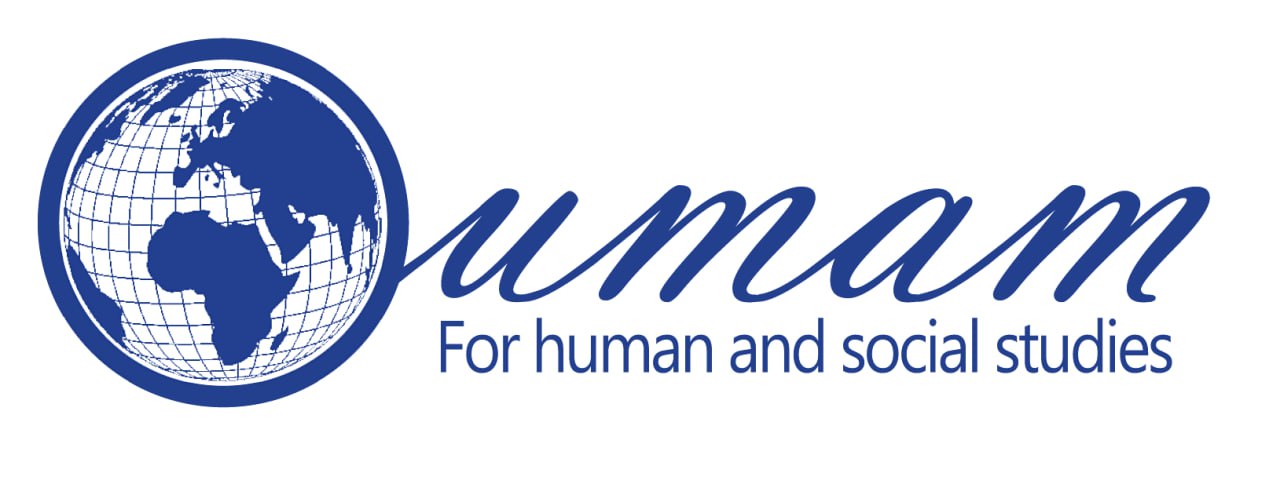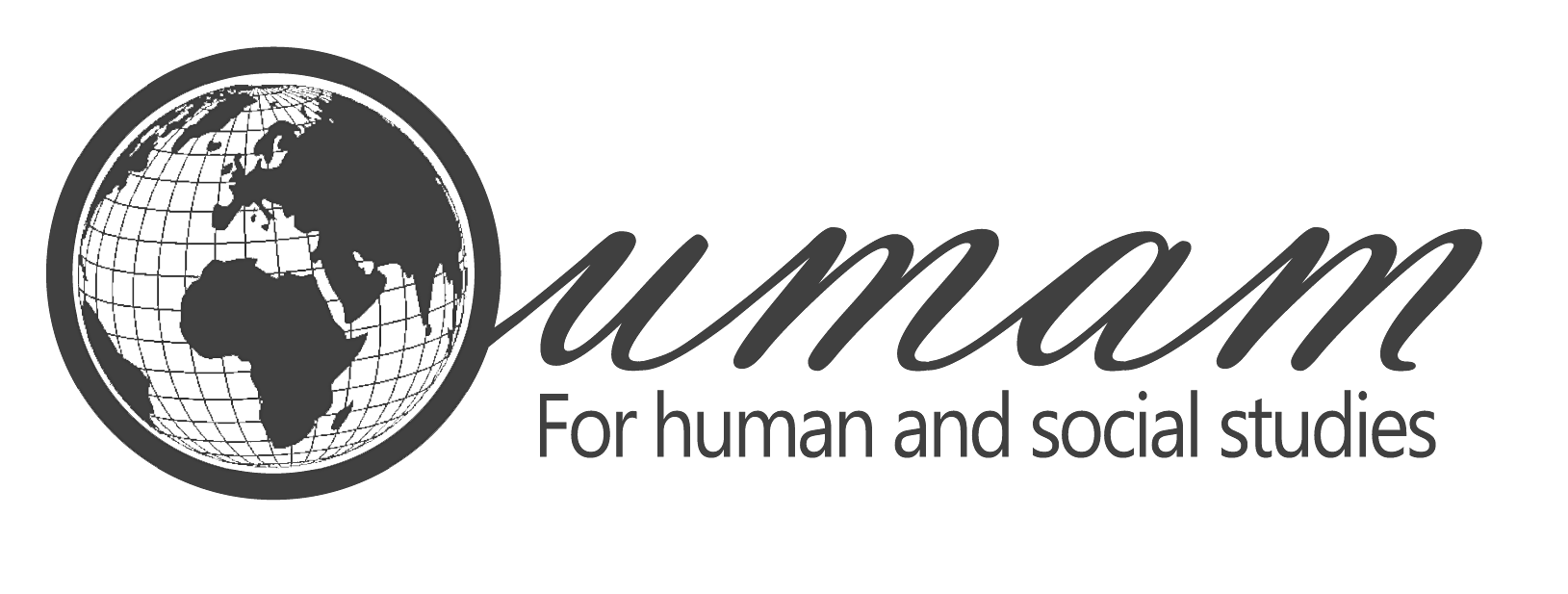However, it could also end up becoming an unsettling feature, enabling privacy violations, shrinking civil liberties, and increasing the control of both the state and corporations.
Consequently, privacy has become one of the most vulnerable concepts in the age of artificial intelligence, where 'surveillance' is no longer just a tool used in exceptional cases, such as crises or emergencies, but has become a central element in our daily lives.
The concept has expanded to include "technological surveillance" and "cyber control," which are subtle forms of surveillance that rely on reshaping behavior and choices through algorithms.
This study attempts to answer many of the questions raised, such as: How do technological surveillance and cyber control systems affect the concepts of privacy and freedom in the artificial intelligence age? Can we develop alternative models that promote technological justice?
It also relies on a critical analytical approach, and preliminary results show that privacy is no longer a right that can be violated, but rather a structure that is formulated from within, through technologies that exercise "soft power" that influences individuals' consciousness and behavior.




Comments